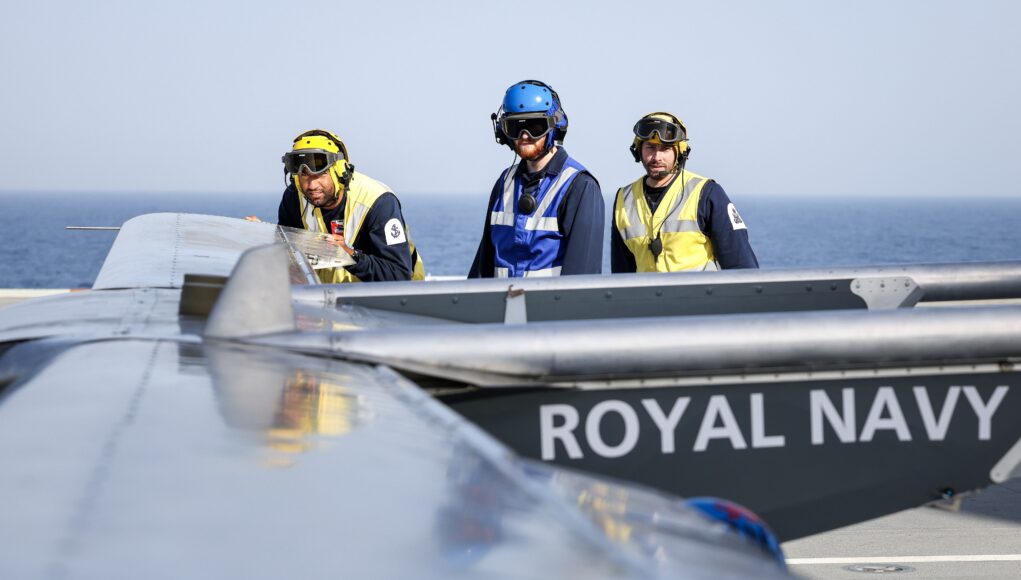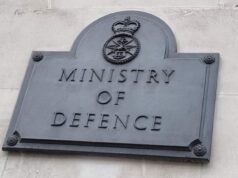In response to a question from Labour MP Kim Leadbeater regarding the recruitment of individuals with asthma, the Ministry of Defence (MOD) confirmed that a review of medical entry standards is currently underway.
The inquiry specifically asked whether the MOD plans to update the Basic Eligibility and Entry Standards to allow individuals with managed asthma to apply for the Royal Navy.
Luke Pollard, Parliamentary Under-Secretary of the Ministry of Defence, explained that the medical entry standards are outlined in “Joint Service Publication (JSP) 950 Leaflet 6-7-7 Section 4 Annex D,” which sets the current guidelines for respiratory conditions, including asthma.
In his full response, Pollard stated:
“Medical entry standards, including those relating to asthma, are regularly reviewed by subject matter experts, military health professionals and military occupational physicians to ensure they are fair to everyone with aspirations of an Armed Forces career and are informed by the latest medical evidence and developments in treatment and diagnosis.”
He further added: “We are reviewing medical criteria as part of our work to look at recruitment. A detailed review of the annexes within Section 4 of JSP 950 Leaflet 6-7-7 is currently underway, with a wide range of specialists engaged. Updated annexes will be published as they are reviewed and endorsed.”














Anecodtally there seem to have been some quite bizarre rejections of applicants on medical grounds lately, e.g. childhood conditions that have no bearing on long-term health. I suspect the problem is that actual qualified medical opinion gets lost in translation by the time it’s been turned into policy.
I really don’t think this is a good idea.
I had asthma all my childhood , exercise induced and managed through Salbutanol (a life saver if ever there was one).
I then tried to get into both the Navy & the RAF but was told no because of that.- I fully respected understood and accepted their rationale.
Unfortunately this does not smack of a realisation that the treatment of asthma has improved in the last 30 years to such an extent that it can be managed (it hasn’t significantly & it can’t, not fully), it merely points to the fact they can’t entice healthy candidates to consider joining.
That is the underlying issue and that is the concern they should be addressing, not merely lowering the acceptance criteria..
Accepting people with manageable health conditions has 2 major problems>
Both these issues can dramatically effect operational readiness of the person and the unit.
Most units don’t even deploy anywhere anymore. There are plenty military jobs that would be available to them.
Well I think youreally need to read up on deployments for the Army and RAF!
The Army ethos in particular is soldier first tradesman second so everyone is expected to be able to fight.
In my first 30 years in the army from 1975, to my huge disappointment I deployed on just one op tour! It was not exactly kinetic – peacekeeping in Nicosia in 1981.
My several postings to BAOR were not considered op tours and BAOR was considered to be a home posting. Likewise my 6-monther to FI was not an op tour.